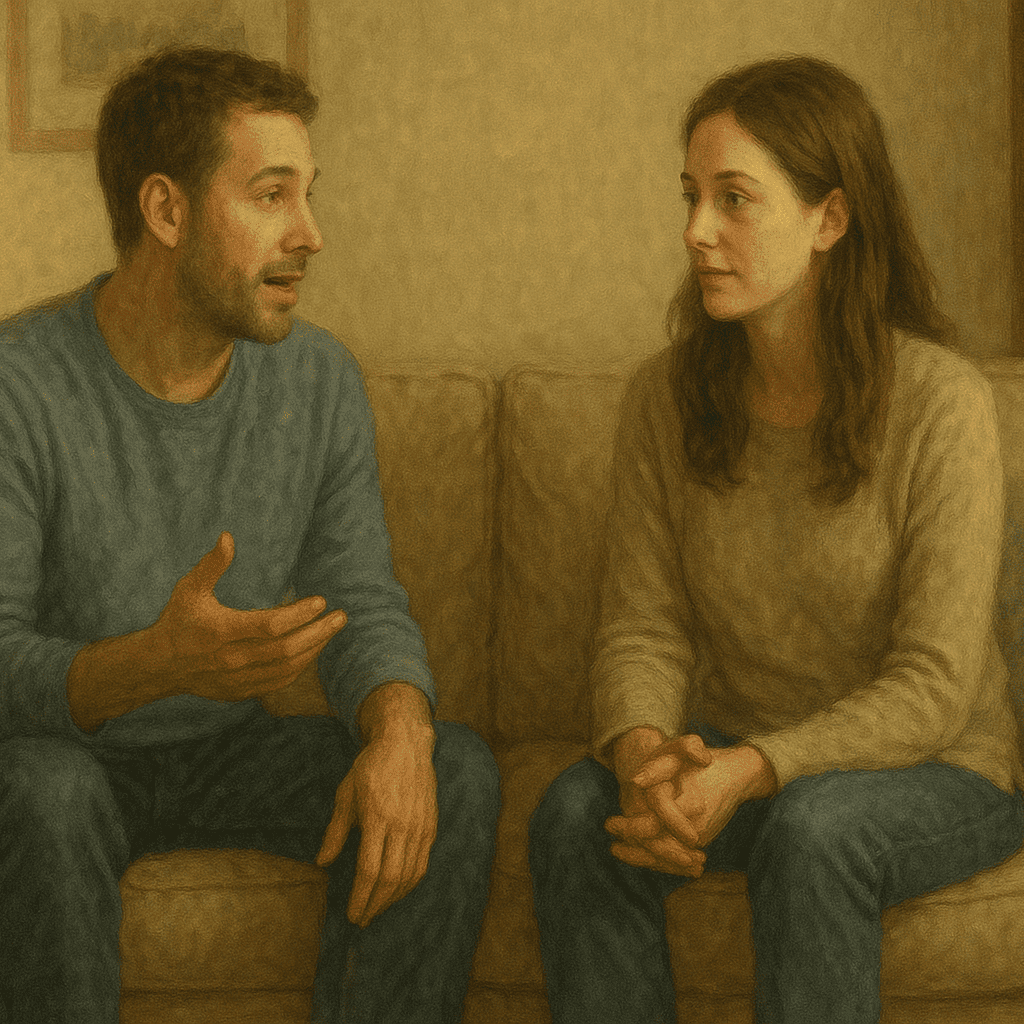There are some wounds that do not bleed. They sit quietly in the corners of our minds, whispering lies and doubts that we are alone in our pain. But there is a gentle rebellion against that silence. That is telling the story of that pain.
There is something raw and almost brutal, about sitting down and telling the truth about your pain. Telling your story is a form of mental liberation. A way of laying down the weight you have carried so long in the dark. For those who are navigating depression, anxiety, trauma, or grief, the act of sharing becomes more than expression, it becomes medicine for healing the unseen wounds.
In mental health advocacy, storytelling has emerged as a lifeline. It reaches into shame and the darkness and pulls out understanding. It softens judgment with empathy. And it translates individual struggle into collective power.
According to the World Health Organization, storytelling is not merely emotional expression, but it is a scientifically proven tool for our mental health. When people share their lived experiences, they connect facts to meaning, and meaning to motivation fueling action, understanding, and sometimes even policy change.
Why Storytelling Matters in Mental Health
Mental illness can feel like isolation in motion. This leaves individuals in shame, and they have nothing to do but to thrive alone in silence. But when someone dares to speak about their depression, anxiety, trauma, or grief they invite others into the room with them.
Research from BMC Psychiatry shows that storytelling in psychiatric groups can bring about an improved life satisfaction, greater self-awareness, and emotional resilience. The narrative process helps individuals process difficult emotions and taking back control over their mental health journey.
Here is how storytelling helps:
- Breaks down stigma: Stories personalise mental illness, making it less about “them” and more about “us.”
- Fosters emotional connection: People who listen feel heard and understood, even without sharing a word.
- Rewrites the story: Instead of being defined by pain, storytellers redefine themselves as survivors, advocates, and guides.
- Builds advocacy movements: One story can spark a conversation. A thousand can start a revolution.
Stories That Change Lives: Real Voices, Real Healing
On PsycheShare, one of such voice comes from a UCC student in “The University Pressure: My Life at the University of Cape Coast”. In this post, the writer recounts how the academic pressure led to a quiet but dangerous descent into depression. But in narrating her experience, she found healing and hope and assisted many others in realising that they were not alone in the battle.
Storytelling acts as a mirror. Through it, others begin to see themselves and their worth.
Digital Storytelling and the Age of Connection
Today, you do not need a stage or microphone to share their truths. With smartphones, social platforms, and digital forums, storytelling has been made a tool available for everyone.
Digital storytelling has become a powerful resource for people in mental health recovery. Their guide empowers anyone to craft their personal stories in ways that inspire others and validate their own growth.
Whether through blog posts, video diaries, or social media reels, digital storytelling helps people:
- Organise their trauma into coherent stories
- Validate their journey in public or in private
- Find healing through shared humanity
In “The Do’s and Don’ts of Opening Up About Your Struggles”, readers are gently guided through how to open up in emotionally safe and empowering ways. This type of emotional literacy is what makes storytelling more than venting, it becomes transformation.
Advocacy Through Experience

A 2024 study from the Journal of Eating Disorders found that when people with eating disorders talk about their personal struggles, they feel stronger and more hopeful. At the same time, the people listening feel more understanding and less judgmental.
Sharing your story is not about saying everything perfectly. It is about showing up with honesty. That is what helps others feel less alone and what helps you begin to heal.
The Role of Listening in Storytelling

Telling your story is powerful. But so is hearing someone else’s with compassion and without judgment.
The post, “The Healing Power of Listening Without Judgement” on PsycheShare explores how safe listening environments can cause radical healing. To advocate well, we must also be willing to hold space for others pain without trying to always fix it.
When people feel heard, they begin to heal. When they heal, they become ready to tell their own stories, and the cycle of advocacy continues.
When a Story Becomes a Lifeline, It Change a Life or Saves It

Mental health advocacy needs facts. But it also needs faces as well. It needs data, yes but even more, it needs deeply human details.
The power of storytelling in mental health advocacy is this: it makes the pain makes sense, transforms isolation into connection, and silence into strength. Whether through a whisper or a blog post, your voice matters.
And this is why PsycheShare has provided a space for everyone to Share Their Stories, not just to inspire others, but to experience the mental clarity, emotional freedom, and self-acceptance needed to truly make sense of life.
Your story is not too messy. It is not too small. It is not too late.
You are invited, needed and you are heard.



Add a Comment